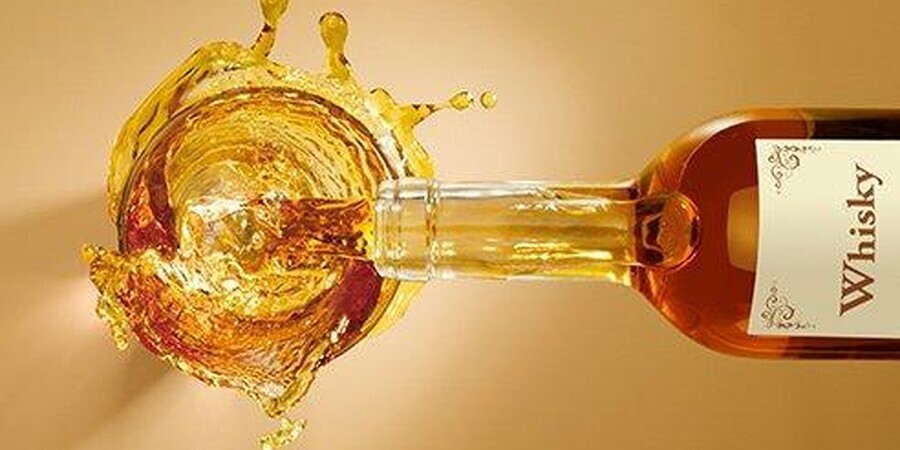PENNSYLVANIA - While Kentucky and Tennessee are often seen as the heartlands of American whiskey, the true cradle of the nation's whiskey-making tradition lies in the Keystone State. Pennsylvania is the historic home of American whiskey, a place where early settlers perfected the art of distilling rye, sparking a rebellious spirit that would help define the young nation. This is the rich and storied history of whiskey in Pennsylvania.
From Rye Fields to a National Spirit
The story of Pennsylvania whiskey begins in the 17th and 18th centuries with the arrival of German, Scottish, and Irish immigrants. These settlers planted rye, a grain that thrived in the state's rocky soil. With a surplus of grain and a long tradition of distilling from their home countries, these farmers began turning their excess rye into whiskey.
This Monongahela Rye, named for the river valley where it was primarily produced, became the quintessential American spirit long before bourbon was a household name. It was known for its bold, spicy, and full-bodied flavor, a direct result of using a mash bill with a high percentage of rye grain. By the early 1800s, Pennsylvania was the largest producer of whiskey in the United States, with thousands of small, farm-based distilleries dotting the landscape.
The Whiskey Rebellion: A Fight for an American Spirit
The importance of whiskey to Pennsylvania's frontier economy came to a dramatic head in the 1790s with the Whiskey Rebellion.
-
The Tax: In 1791, the new federal government, led by Treasury Secretary Alexander Hamilton, imposed an excise tax on distilled spirits to pay off debts from the Revolutionary War.
-
The Uprising: This tax was deeply unpopular with the small-scale farmers of Western Pennsylvania, who often used their whiskey as a form of currency. They saw the tax as an unfair burden that favored large, wealthy distillers in the east. Protests erupted, tax collectors were assaulted, and the region rose in an armed insurrection.
-
A Presidential Response: The rebellion became a major test for the young nation. In 1794, President George Washington himself led a militia force into Western Pennsylvania to quell the uprising, the first and only time a sitting U.S. president has personally commanded troops in the field.
While the rebellion was suppressed, the whiskey tax remained nearly impossible to collect and was eventually repealed. The event solidified the importance of whiskey to the American identity and highlighted the fierce, independent spirit of Pennsylvania's distillers.
Prohibition and the Modern Revival
Prohibition in the 20th century devastated Pennsylvania's rye whiskey industry. When the production of alcohol was outlawed, the demand for rye, a more expensive and challenging crop to grow, collapsed almost overnight. After Prohibition was repealed, many distillers shifted to corn-based bourbon, which was cheaper to produce thanks to federal corn subsidies.
 However, in the 21st century, Pennsylvania whiskey has experienced a remarkable rebirth. Thanks to changes in state distilling laws in 2011, a new wave of passionate craft distillers has emerged across the state, dedicated to reviving the historic Pennsylvania rye style. Today, distilleries like Dad's Hat, Wigle Whiskey, and New Liberty Distillery are once again producing award-winning rye whiskeys, bringing the state's rich and rebellious distilling legacy full circle.
However, in the 21st century, Pennsylvania whiskey has experienced a remarkable rebirth. Thanks to changes in state distilling laws in 2011, a new wave of passionate craft distillers has emerged across the state, dedicated to reviving the historic Pennsylvania rye style. Today, distilleries like Dad's Hat, Wigle Whiskey, and New Liberty Distillery are once again producing award-winning rye whiskeys, bringing the state's rich and rebellious distilling legacy full circle.
Sources:
- West Overton Village & Museum
- George Washington's Mount Vernon
- The National Archives (for historical documents on the Whiskey Rebellion)
- The Pennsylvania Historical & Museum Commission
- Whisky Advocate Magazine
- Eight Oaks Farm Distillery


